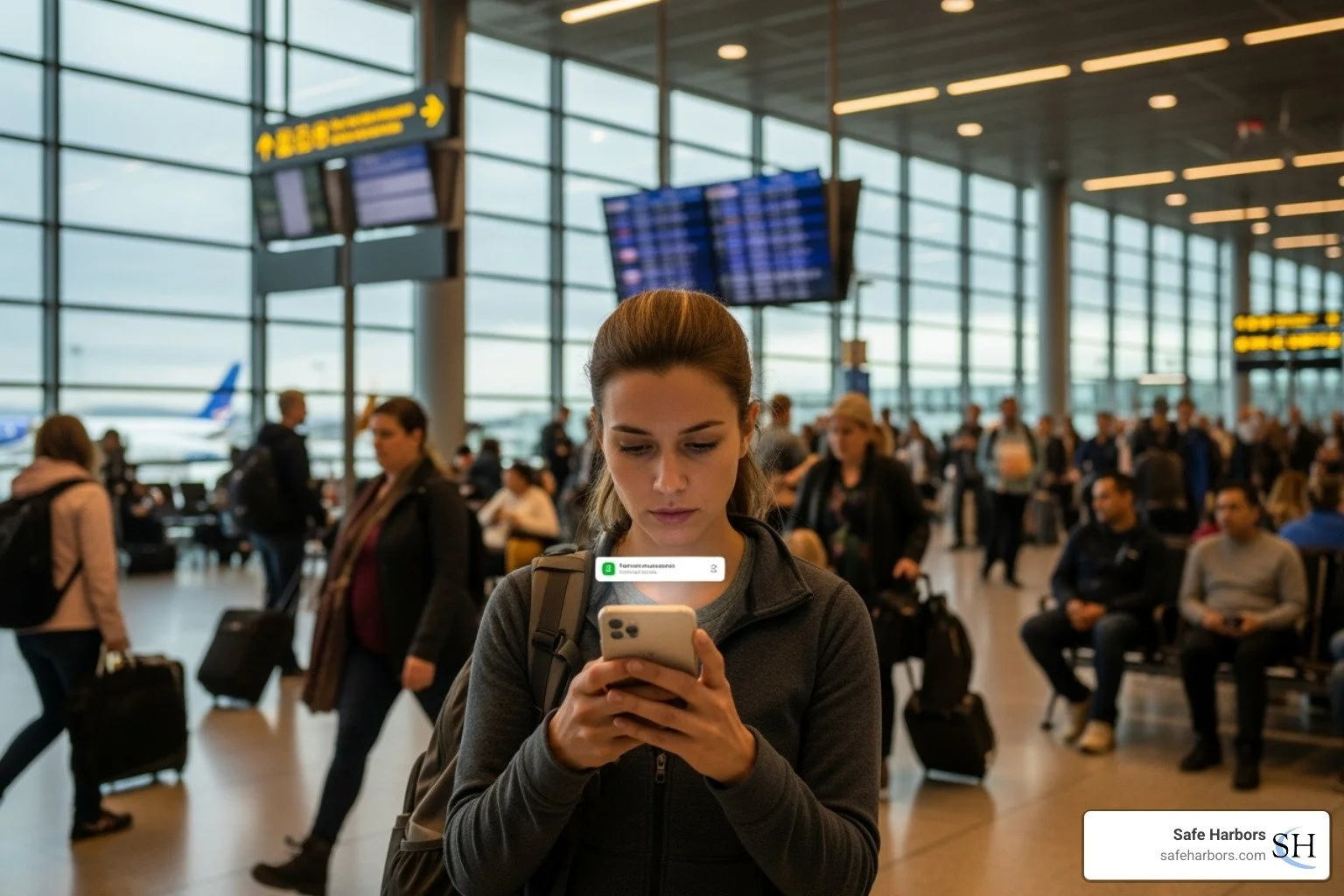Business travel is an integral part of many growing organizations. Whether your company is rewarding high performers with a trip, attending a convention, or managing multiple locations, many businesses require travel for their executives, employees, and owners. What does this travel look like from a generational standpoint?
The youngest generations are the tech natives, and the older generations are the tech creators. They both approach technology and travel differently, which can impact how you structure your travel policy.
Technology Trends in Business Travel
Although Millennials and Generation Z read fewer books and watch more videos online than their older counterparts, their status as digital natives is driving technological trends across the travel industry. Due to their strides in technology, and the fact that Millennials are now the largest generation in the workforce, mobile and social technologies are impacting business travel in new ways.
Travel Accommodations
Older generations are not likely to use sharing economy technologies for booking business travel. Only 34% of Generation X and 20% of Baby Boomer business owners had stayed in a social booking rental like Airbnb. 74% of Millennial business owners had used Airbnb or a similar rental for travel accommodations. Millennials are more likely to travel in groups and enjoy a variety of places to stay that new social technology can provide.
80% of Baby Boomers do not use social tools for managing hotel or Airbnb stays; however, nearly 80% of Millennials do use them. If you have a mixed generational group traveling together, it is vital to keep accommodations in mind.
Eating Out While On Business
3 out of 4 Generation Z and Millennials plan their trips based on food, according to Inc. Magazine. This trend means that business travel with younger workers should look at more than just a Per Diem for food. Since Gen X and Baby Boomers are more likely to travel alone than the younger generations, they may be satisfied with the freedom that a Per Diem gives them. For younger travelers, the experience of quality, new, and local food is as valuable as the trip. Whether it is a trip to Cairo (delicious Kafta and Turkish Coffee) or just to Boston (New England Clam Chowder), younger generations will look for some foodie experience during a business trip.
Since younger Millennials and members of Gen Z are the main drivers behind Snapchat and Instagram, they expect the food to be not only delicious but also be Insta-worthy. On the other hand, you might have older generations who get annoyed at the trend of younger people's constant connection with the rest of the world, even while traveling.
Connecting with Family Back Home While Traveling
All the generations prefer email when communicating with colleagues while traveling. According to TravelPulse, Baby Boomers are the most likely to use a telephone to communicate with friends or family back home. The younger the generation, the more likely they are to video chat with friends and family via Skype, Hangouts, Facetime, or other chat technology.
This technology trend does not directly impact business traveling (since they all prefer email for business communication), but it does impact the quality of the travels. If a member of Generation Z or a Millennial is not able to get high-speed data access, they may feel a disconnect from their peers. A Baby Boomer or member of Generation X will be more understanding of the inability to connect with people back home. They would rather wait until they get phone service for a quick call or text or wait until they are back home.
Booking and Travel Management
Generation Z and Millennials are also more likely than Generation X or Baby Boomers to manage their trip via mobile devices. The majority of Millennials book both flights and accommodations via a mobile app. Boomers and Gen X still use desktops to manage their travel plans and place a higher priority on a well-organized trip because of that.
Since Gen Z and Millennials have their booking, check-in, and payment system with them at all times, they prefer choice over smooth travel arrangements. Baby Boomers like to have everything planned out ahead of time with smooth transitions in travel. Gen X can handle booking management, but they still use more traditional systems to do so.
Each generation has its methods for traveling. Business owners, executives, and HR teams will almost always be faced with a multi-generational travel group. Understanding the different generations is extremely helpful in travel policy design and enforcement but does not and should not replace the intentions of a travel policy. If your company plans on sending employees, constituents, or owners on a multi-generational trip, it will benefit significantly from using the services of a travel management team.




